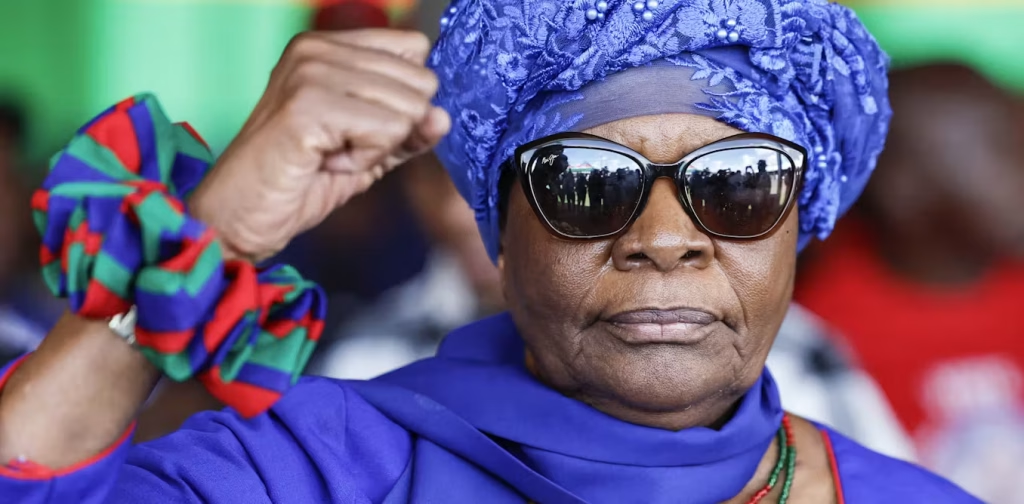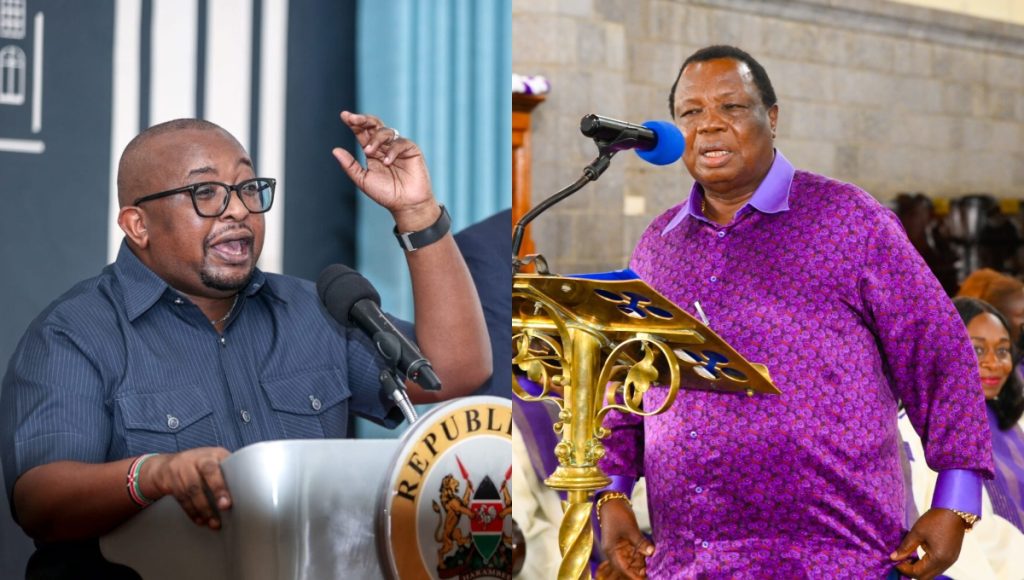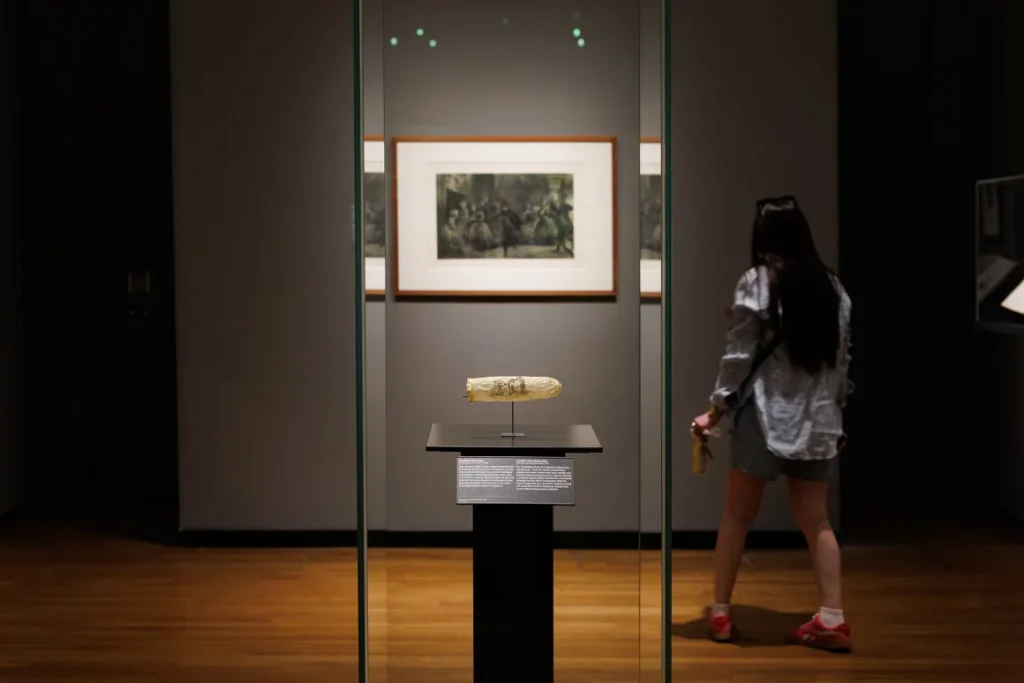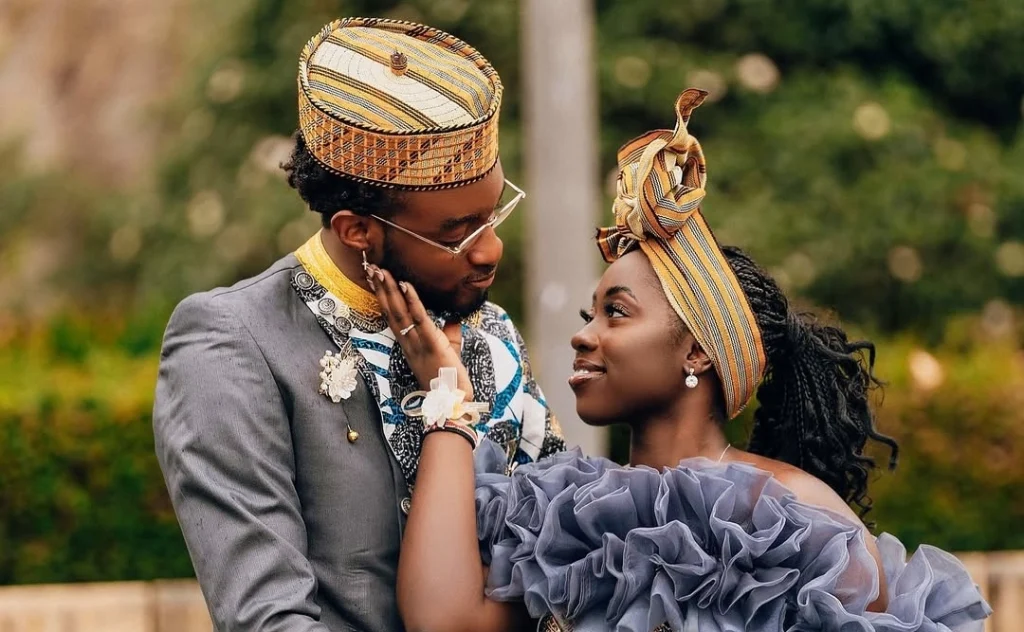In a bold and controversial move, Namibia’s first female president has reportedly ordered the deportation of more than 500 American citizens.
Her directive comes with a powerful message: “If Africans need visas to enter the U.S., then Americans must also need visas to enter Namibia.”
This statement has stirred global attention and reignited conversations around visa reciprocity and the unequal treatment often faced by African travelers when dealing with Western immigration systems.
Equal treatment or retaliation?
According to close sources within the Namibian government, the decision is not just about visas, it’s about asserting national dignity and fairness.
The president emphasized that African nations have been treated unequally for so long in matters international travel, and forced to meet stringent requirements while Westerners enjoy relaxed entry conditions.
By taking this step, the Namibian leader hopes to set a precedent that could inspire other African nations to demand equal diplomatic treatment on the global stage.
Mixed reactions at home and abroad
Unsurprisingly, the decision has sparked mixed reactions. Many Namibians, especially those active on social media, have praised the president for her firm stance and bold leadership. They believe it’s high time Africa stopped playing second fiddle in global politics.
However, others have cautioned that the move may strain diplomatic relations with the U.S, possibly affecting aid, investments, or existing bilateral programs.
In the U.S., the development has been met with silence from officials so far, though analysts expect formal responses in the coming days.
Redefining African Leadership
Despite the controversy, one thing is clear: Namibia’s new leader is not afraid to challenge the status quo.
By standing firm on visa equality, she’s making a broader statement about Africa’s sovereignty, pride, and position in international affairs.
As global powers watch how this unfolds, Namibia may have just sparked a conversation that’s long overdue, one where Africa demands not charity, but respect.
Written by: Felicia Indakwa, Radio 47.









